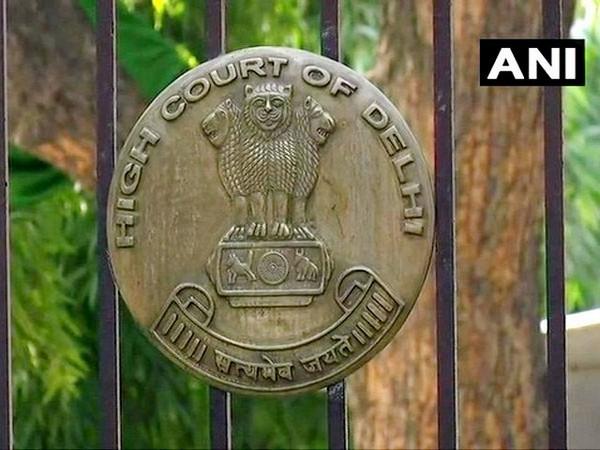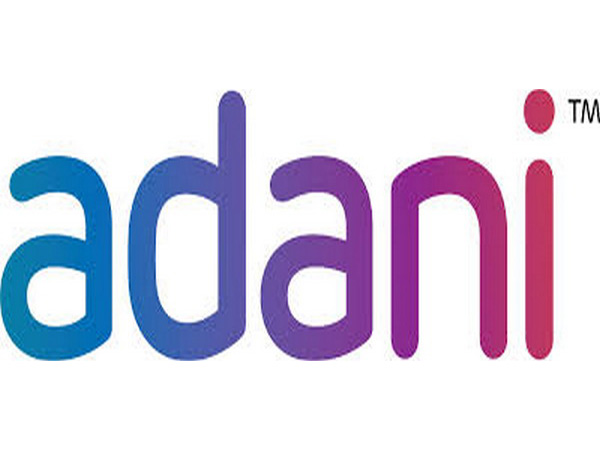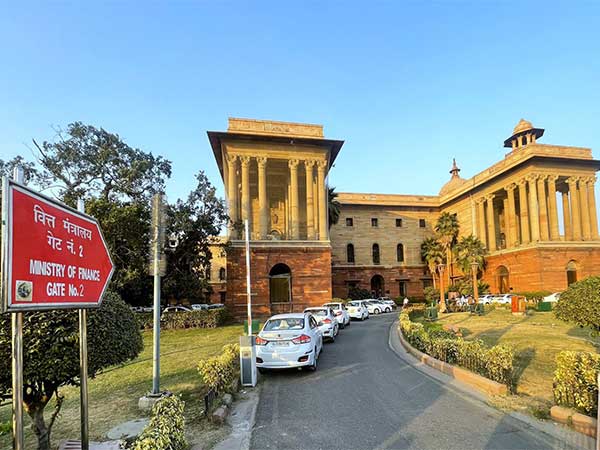New Delhi [India], May 30 (ANI): The Ministry of Finance on Friday said it has asked the Reserve Bank of India (RBI) to ensure that the needs of small gold loan borrowers are not affected by the central bank’s proposed new rules on lending against gold as collateral.
The ministry, in a post on social media platform X, said that the Draft Directions on Lending Against Gold Collateral issued by the RBI have been reviewed by the Department of Financial Services (DFS) under the guidance of Union Finance Minister Nirmala Sitharaman.
The DFS has shared its suggestions with the RBI and asked the central bank to make sure that the new rules do not make it difficult for small borrowers to get gold loans. These borrowers often depend on small-ticket loans to meet urgent personal or business needs.
The post said “@DFS India has given suggestions to the @RBI to ensure that the requirements of the small gold loan borrowers are not adversely affected”.
The finance ministry also said that these new guidelines may require time to be implemented properly at the ground level. Therefore, the DFS has suggested that the RBI implement the new directions from January 1, 2026.
To further protect small borrowers, the ministry has proposed that those taking loans below Rs 2 lakh should be kept out of the new requirements. This, it said, would help ensure faster and smoother disbursal of small gold loans.
The RBI is currently getting feedbacks from stakeholders on the draft guidelines. The Finance Ministry said that it expects the RBI to carefully consider the concerns raised by various stakeholders and suggestions from the public before finalising the rules.
The Reserve Bank of India released draft guidelines to harmonise regulations for loans against gold as collateral. These rules apply to banks, cooperative banks, and NBFCs.
RBI said loans against primary gold or bullion remain prohibited. The draft mandates standardised procedures for assaying gold, setting a maximum Loan-to-Value (LTV) ratio of 75 per cent for consumption loans, and capping bullet repayment loans to 12 months.
It restricts re-pledging and mandates clear documentation, borrower consent for surprise audits, and compensation for delays or collateral loss.
RBI aims to ensure transparency, reduce risks, and protect borrowers, especially through stricter auction norms and mandatory borrower communication. (ANI)
Disclaimer: This story is auto-generated from a syndicated feed of ANI; only the image & headline may have been reworked by News Services Division of World News Network Inc Ltd and Palghar News and Pune News and World News
HINDI, MARATHI, GUJARATI, TAMIL, TELUGU, BENGALI, KANNADA, ORIYA, PUNJABI, URDU, MALAYALAM
For more details and packages



















